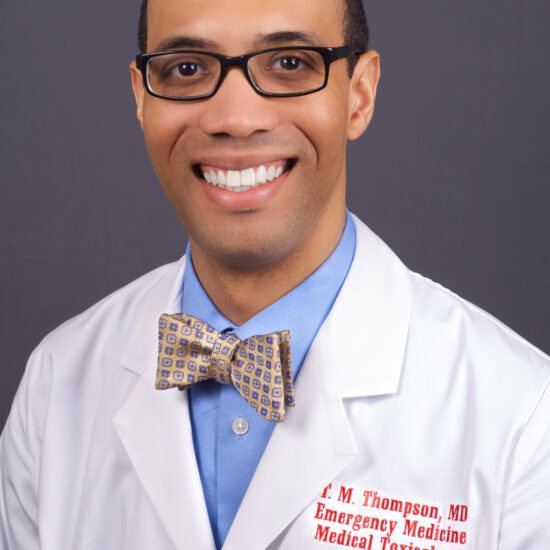Medical Toxicology Fellowship
The Toxikon Consortium sponsors a two-year Medical Toxicology Fellowship at the University of Illinois, Cook County Hospital, and The Illinois Poison Control Center. Over the past two decades, our Fellowship Program has trained over 30 fellows in medical toxicology.
Toxikon Heading link
Established in the 1950s, the Illinois Poison Center was the first PCC in the United States, and our fellowship program was the first fully accredited nationwide. Our research specializations include street drugs, natural poisons and venoms, antidote therapy, pharmaco/toxicokinetics, and environmental/occupational toxicology.
The Toxikon maintains its own pages, so please visit the Toxikon website for more information on the fellowship program.
Fellowship Goals Heading link
The Toxikon Medical Toxicology Fellowship Program aims to provide comprehensive postgraduate fellowship training in medical toxicology for qualified physicians. We aim to develop future leaders in the field of medical toxicology who can perform at a high level as bedside and outpatient medical toxicology practitioners. Further, they will develop the skills required to serve as medical backups for poison control centers and assume the skills needed to be medical directors and teachers who can contribute to the ongoing body of evidence in the medical toxicology literature.
Major Toxikon program objectives Heading link
- Attain clinical experience in diagnosing and managing acute and chronic poisoning of adults and children.
- Develop skills in teaching and lecturing in toxicology.
- Learn the core content of medical toxicology.
- Develop an understanding of the basic science of toxicology, including pharmacokinetics.
- Develop an appreciation and an approach to environmental and occupational toxicology.
- Develop a foundation in epidemiology, biostatistics, and preventive medicine related to toxicology.
- Develop experience with laboratory toxicology.
- Describe the basics of research methodology.
- Engage in community service.
- Receive training in administration that leads to opportunities as a medical director of a poison control center.
- Be prepared for the written board examination in medical toxicology.
